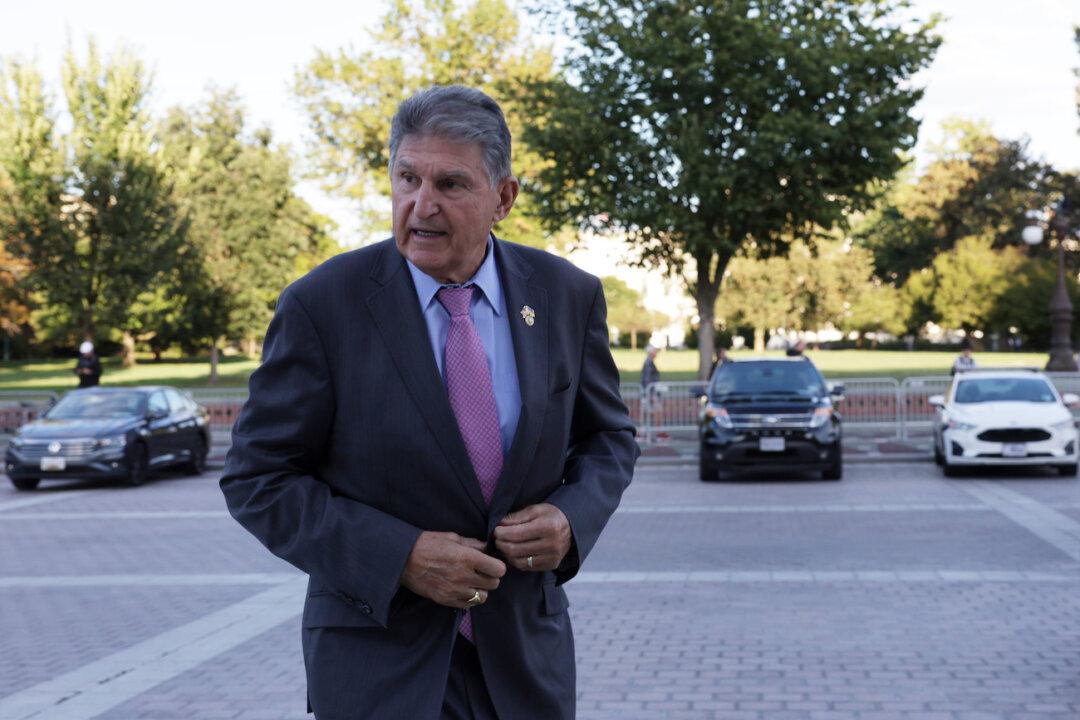Senate Democrats gained a temporary victory late Tuesday when 22 Republicans joined with them in voting to remove a procedural obstacle to passage of the Continuing Resolution (CR) that keeps the federal government open through Dec. 16 and approves more than $15 billion in additional military and operational aid for Ukraine.
The 22 GOP senators voting for the motion to invoke cloture and proceed to consideration of the CR joined with all 50 Senate Democrats on a 72–23 roll call. The Senate will reconvene on Wednesday morning and take up final action on the CR.





